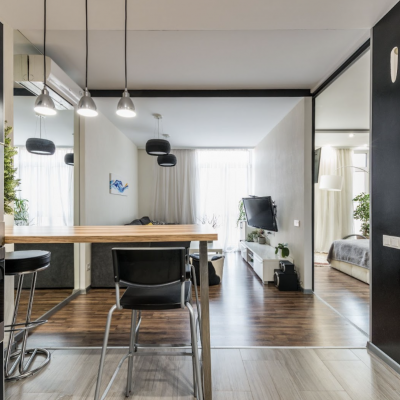Many seniors find it difficult to perform daily activities with advancement in age. They may require care and assistance in such situations.
Why Home Care
Majority of seniors prefer to stay at home instead of a facility. Living at home may give them a sense of independence and provide comfort. Also, it gives them a feeling of being familiar with the surroundings in contrast to living at a facility where they may be required to acquaint themselves with the environment.
Home care becomes essential when seniors are not comfortable moving to a facility, but face difficulty in performing daily activities like bathing, toileting, walking, using a wheel chair, feeding, dressing, housekeeping, grocery shopping, preparing meals, laundry and managing money.

Home care is used by a number of seniors facing issues like:
- Mobility issues
- Weakness
- Dementia
- Alzheimer’s disease
- Stroke after effects
Types of Home Care
Home care may be provided by the following kinds of professionals:
- Medical professionals including physicians, nurses and therapists.
- Non medical professionals including personal care attendants, companions and homemakers who help seniors perform daily activities.
Selecting a Home Care Provider
Nowadays, there is no dearth of home care providers. People may gather information about various home care providers from website listings or from references and recommendations. Once you gather all relevant information you may seek answer to the question how to tell which in home care provider is right for you.The following factors may be considered in this regard:
- The number of years of experience of the provider.
- The literature made available by the provider explaining the services offered, fees and eligibility requirements.
- Check whether the rights and duties of the caregivers, provider and patients are clearly outlined.
- Gather as much information as possible about the provider.
- Evaluate the process of selecting and training caregivers.
- Evaluate personnel policies and benefits regarding the caregivers.
- Check if the provider has malpractice insurance.
- Evaluating the patient’s needs and requirements to chalk out a care plan.
- Does the provider involve the family members and physician of the patient in making a care plan?
- Does the provider shares the plan with the patient’s family and updates them about the progress and changes if any?
- Are supervisors assigned to check the level of care being given to patients?
- The frequency of visit of supervisors.
- Whom to contact in case of any issue or complaint?
- The provider’s follow up and complaint resolution efforts.
- Does the provider give a written statement of costs involved and the payment terms?
- Availability of care givers in case of emergencies.
- Does the provider keep patient details confidential?
- Seek references of doctors or patients, who can provide feedback regarding the services rendered by the provider.
Seniors require a lot of care and hence it is important to choose the right provider. The aspects mentioned above can help in this regard.



